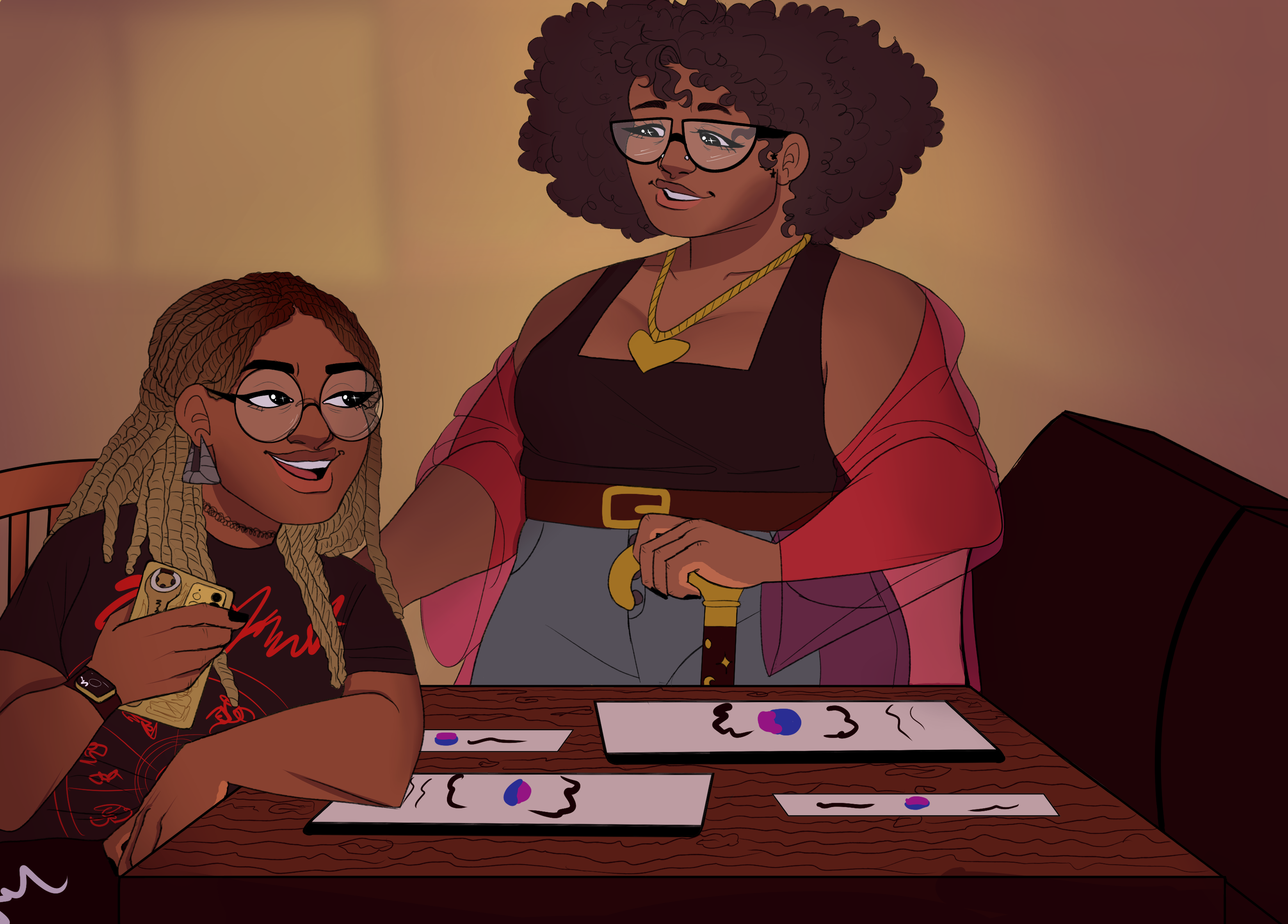Category: DEI
-

Is there a version?
Is there a version? [This is adapted from a blog post of the same name available online at http://theeverythingiknow.substack.com. The blog is subscriber-only, but subscriptions are free.] During the first UK-wide coronavirus lockdown, there was a television programme called Staged. It involved David Tennant and Michael Sheen, amongst others, playing fictionalised versions of themselves, talking to each…
-

Home Education and De-dogmatising
I first became interested in home education not long after my first child was born. It seemed the natural follow-on from the style of parenting I’d come to embrace (at the time known as ‘attachment parenting’). Typically for an autistic person (although at the time I had no clue I was autistic) I did what…
-

Reading the World: Conspiratorialism, Schismogenesis, and Epistemic Injustice
Inspired by Trevor Aleo’s work, I’ve been reading up on Paulo Freire’s “reading the world”, a concept I like a lot. I feel like Stimpunks work around reframing, epistemic justice, scientism, lateral reading, and critical thinking is much about teaching how to read the world. Reading the world is especially important in our multimedia disinformation…
-

Campfires in Dark Forests: Community Brings Safety to the Serendipity
Dark forests like newsletters and podcasts are growing areas of activity. As are other dark forests, like Slack channels, private Instagrams, invite-only message boards, text groups, Snapchat, WeChat, and on and on. These are all spaces where depressurized conversation is possible because of their non-indexed, non-optimized, and non-gamified environments. The cultures of those spaces have…
-

The Road to Neuronormative Domination: Thorndike won, Dewey lost. Skinner won, Papert lost.
…one cannot understand the history of education in the United States during the twentieth century unless one realizes that Edward L. Thorndike won and John Dewey lost. Ellen Condliffe Lagemann Thorndike won, and Dewey lost. I don’t think you can understand the history of education technology without realizing this either. And I’d propose an addendum…
-

Tapping the Radical Roots of Peer Support
*Disclaimer: this essay is only intended to represent my own opinions and experiences, and is not reflective of any of my past/present employers – nor is it intended to speak as a monolith on behalf of peer support workers, autistic people, or any other mentioned communities/identities/political movements. I am a queer/trans/autistic young adult, currently working…
-
Latest Terms in the Stimpunks Glossary
Our glossary grows. It’s at 320 terms. Here are the latest 21 terms added.
-

Can we trust?
Can we trust? Can we trust the space you offer?Can we trust the words you utter? Can we trust the time decided?Can we trust the form provided? Can we trust your singular view?Can we trust the treatment we receive from you? Can we trust the way you perceive?Can we trust you to sit, listen and receive? Can we…
-

Neuroqueering Child Psychotherapy
Peering out from the edge of a lake. The water is still, but lapping restlessly. What lies beneath? I am eager to know but alone on the edge of the lake. A hood covers my features. I take a step into the oddly warm water. It laps against my feet, staining my shoes with a…
-

Neuroqueering from the Inbetween
“The growing cracks in the thin veneer of our “civilised” economic and social operating model are impossible to ignore”, Jorn Bettin (2020). As a late-diagnosed autistic person, I feel a massive disconnect with the world around me. I am living in the ‘gap’ between so many spaces but also feel the potential of neuroqueering and transforming what…
-

A Short Rumination on Our Journey to Neuroqueer Learning Spaces
We fought for the right to learn differently, and lost. The journey was instructive. We found ourselves along the way. We found community among other neurodivergent and disabled people. We found vocabulary, vocabulary like “neurodiversity”, “neurodivergent”, “neurotypical”, and, more recently, “neuroqueer”. …intentionally liberating oneself from the culturally ingrained and enforced performance of neuronormativity can be…
-

Concision and Why Sheets
Chomsky uses the term concision to discuss the way mainstream media outlets respond to power. Having concision means that ideas which align with forces of power in our society need no explanation and those that do not align with those forces of power need significant explanation. This allows the narrative of the “state religion” to…
